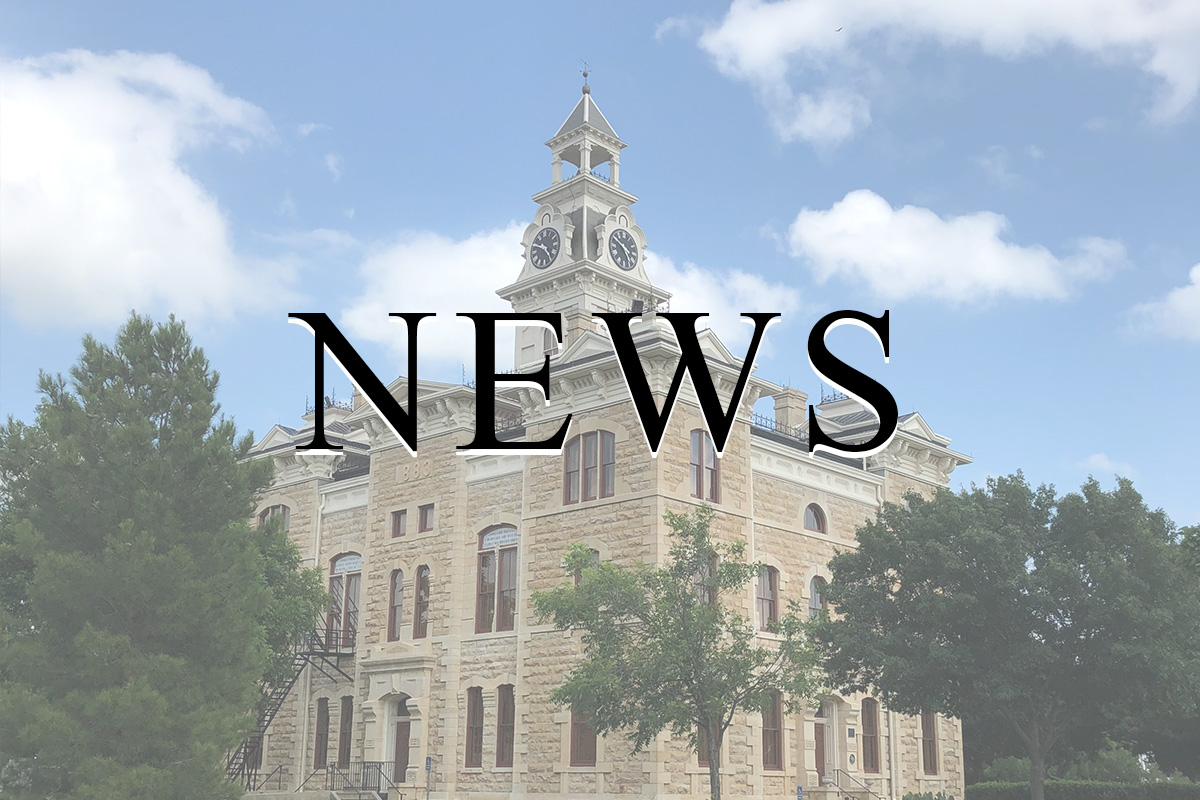Shackelford County still COVID-free

By Melinda L. Lucas
Still free of confirmed -COVID-19 cases at press time on Wednesday morning, local residents continue to practice social distancing and limited outings as the number of Texas deaths and positive tests rises.
Since last week’s issue, four more local tests have been administered for a total of 12. Eleven have come back with negative results, and one is pending.
Shackelford County was one of only 56 counties statewide that had not yet reported any known cases of the coronavirus, and Albany mayor pro tem Susan Montgomery expressed her appreciation for the efforts of citizens as they follow state and national guidelines.
With Gov. Greg Abbott’s announcement on Friday, some businesses that have been completely closed down, like Glenna Green’s Sassifrass store, can now offer “retail-to-go” with curbside service, but so far, there have been few other changes since Albany’s shelter in place order was enacted on April 8.
“I could not be more proud of the people of Albany during this time,” said Montgomery. “This is not easy, and it’s certainly not convenient. It’s been such a community effort to keep this virus at bay so far.”
The mayor is optimistic that there is light at the end of the tunnel.
“The number of cases in Texas is still going up, but there’s reason to think that it will peak soon and start a downward trend,” said Montgomery. “We will continue to follow the guidelines that Gov. Abbott puts into place, and I’m looking forward to hearing what he has to say on Monday.”
Montgomery agrees with Abbott’s strategy to reopen the state gradually, but she is hopeful that rural communities like Albany may be allowed to loosen restrictions sooner.
“We certainly need to continue to be diligent, but we don’t face the crowded conditions that are seen in urban areas, and I’m hoping we can reopen at a slightly faster pace than places like Dallas or Houston.”
The mayor again thanked first responders for their work.
“They are always the ones at most risk of being in contact with the virus, but workers at grocery stores and essential businesses are also on the front lines,” she said. “We can easily restrict exposure in places like City Hall and the Courthouse, but it’s harder to control in places that need to remain open.”

